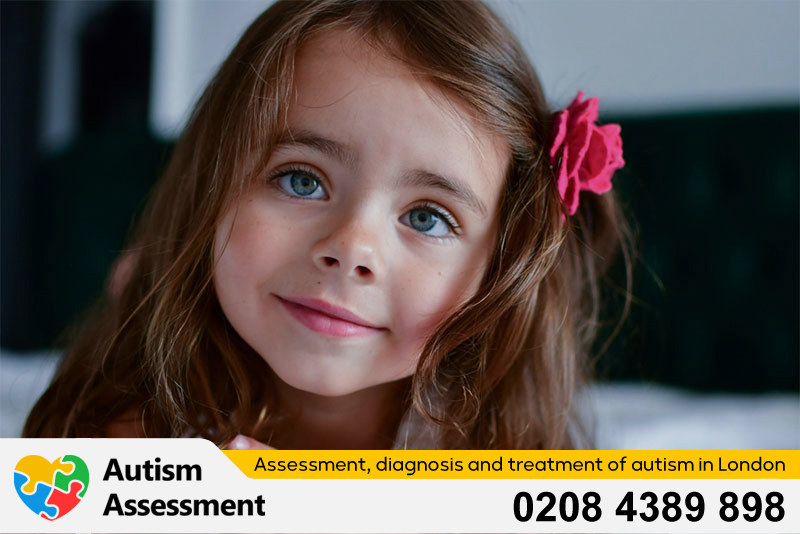The Intersection of ADHD and ASD: Exploring Coexistence and Commonalities
Attention-Deficit/Hyperactivity Disorder (ADHD) and Autism Spectrum Disorder (ASD) are two of the most commonly diagnosed neurodevelopmental disorders, and their frequent co-occurrence has been a subject of much research and discussion. Understanding why ADHD and ASD coexist so often, as well as the similarities between them, is crucial for developing effective support and treatment strategies for individuals affected by either or both conditions.
Coexistence of ADHD and ASD
The coexistence of ADHD and ASD is not a rare phenomenon. Studies have shown that there is a significant overlap between the two conditions, with a considerable percentage of individuals displaying symptoms of both. This co-occurrence can complicate diagnosis and treatment, as the overlapping symptoms may mask one another, leading to misdiagnosis or incomplete treatment plans.
Genetic and Neurobiological Factors
Research suggests that both ADHD and ASD share genetic factors, which may contribute to their coexistence. The exact nature of these genetic links is still being explored, but they likely involve multiple genes and complex interactions with environmental factors. Neurobiological studies have also indicated that there are similarities in brain structure and function in individuals with ADHD and ASD, further supporting the idea of a shared etiological basis for these disorders.
Similarities Between ADHD and ASD
Despite being distinct conditions, ADHD and ASD share several characteristics that can blur the lines between them. These similarities can be seen in several domains:
Executive Functioning
Both ADHD and ASD are associated with challenges in executive functioning, which includes skills such as working memory, flexible thinking, and self-control. Individuals with either condition may struggle with organizing tasks, planning ahead, and regulating their emotions.
Social Communication
Difficulties with social communication are common to both ADHD and ASD. This can manifest as trouble understanding social cues, maintaining conversations, or developing and maintaining relationships.
Sensory Processing
Sensory sensitivities, such as an aversion to certain textures or sounds, are frequently reported in both ADHD and ASD. These sensitivities can affect an individual’s ability to function in environments that are not tailored to their sensory preferences.
Attention and Hyperactivity
While inattention and hyperactivity are hallmark symptoms of ADHD, they can also be present in individuals with ASD. The manifestation of these symptoms can vary, but they often lead to challenges in maintaining focus and staying still for extended periods.
Implications for Diagnosis and Treatment
The coexistence of ADHD and ASD and their shared characteristics have important implications for diagnosis and treatment. It is essential for healthcare professionals to consider the possibility of dual diagnoses when assessing individuals with neurodevelopmental concerns. A comprehensive evaluation that takes into account the full range of symptoms is necessary to ensure accurate diagnosis and effective treatment.
For those living with both ADHD and ASD, an integrated approach to treatment that addresses the unique combination of symptoms is crucial. This may involve a combination of behavioral therapies, medication, educational support, and accommodations to create an environment conducive to their needs.
Conclusion
The frequent coexistence of ADHD and ASD, along with their shared characteristics, underscores the need for a nuanced understanding of neurodevelopmental disorders. By recognizing the commonalities and differences between these conditions, we can better support the diverse needs of individuals affected by them. As research continues to unravel the complexities of ADHD and ASD, we move closer to a future where every individual receives the personalized care they deserve.
For more information on the coexistence of ADHD and ASD and their similarities, readers can refer to the comprehensive resources provided by the ADD Resource Center and Verywell Mind. These sources offer valuable insights into the intersection of these conditions and their impact on individuals and families.



